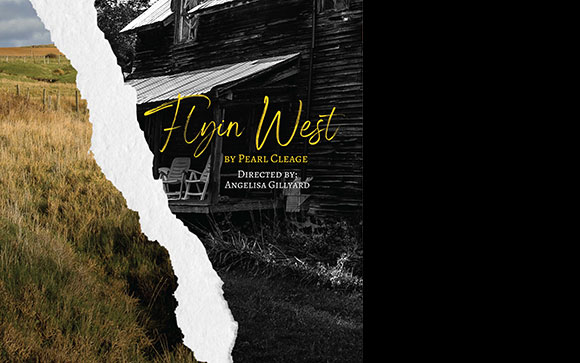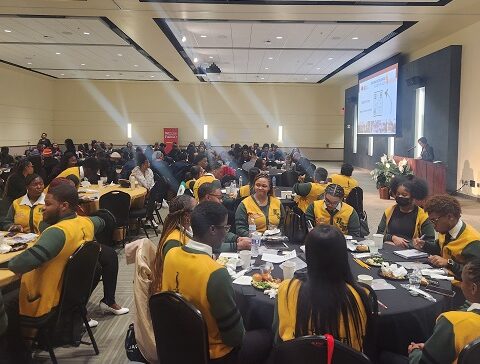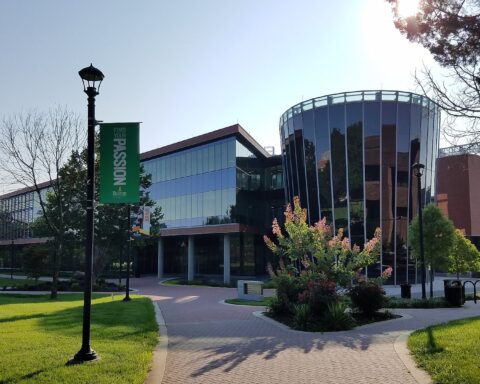By D. Thompson
Flyin’ West, a play about a small group of African-American women pioneers whose lives changed when they moved from the South to Nicodemus, Kansas as part of the Homestead Act in the late nineteenth century, will be performed by BSU’s Theater Arts Program Nov. 17-19, in the Fine and Performing Arts Center Main Stage Theatre.
Writen by Pearl Cleage in 1992, the play focuses on the backgrounds, actions, and feelings of four women, two men and their struggles with freedom, feminism, racism and intermarriage. Freedom and belonging are themes that have long dominated stories in the Black community and Flyin’ West is one of those stories which highlights the strength freedom requires.
“Flyin’ West delves into many of the same topics that impacted the lives of the play’s characters that we as a society continue to cope with today,” said theater arts Professor Elena Velasco. “At the heart of the play is freedom, specifically newly won freedom. These characters not only had to carve a life in uncharted land, but envision a future for generations to come while still healing and being shaped by their own enslaved past. Our cast has been working exceptionally hard, and with director Angelisa Gillyard’s energy, we expect to have strong performances.
Angelisa Gillyard, a well-known local director who brings years of experience with Constellation Theater and 1st Stage, joins BSU stage manager Malaysha Saboleh (Class of 2023) and BSU alum and guest designer Lornezo Miguel Henriquez (Class of 2021) to celebrate the resilience of ancestors and the strength of sisterhood as the characters confront racism and challenges to their opportunities and dreams.
“The play uniquely portrays an overlooked chapter in our nation’s history – the migration of Black women to the West – and introduces themes of female power, relationships, and determination,” said Velasco.
Flyin’ West serves as a reminder that the Western United States were settled by a diverse population and that the Homestead Act enabled people from all races and ethnic backgrounds to own land. The land given away by the Homestead Act of 1862 was originally the land of Native Americans.
“The play will pose the question for audiences about how we must continually confront our origins and those who came before us in order to move forward as a nation,” said Velasco.





